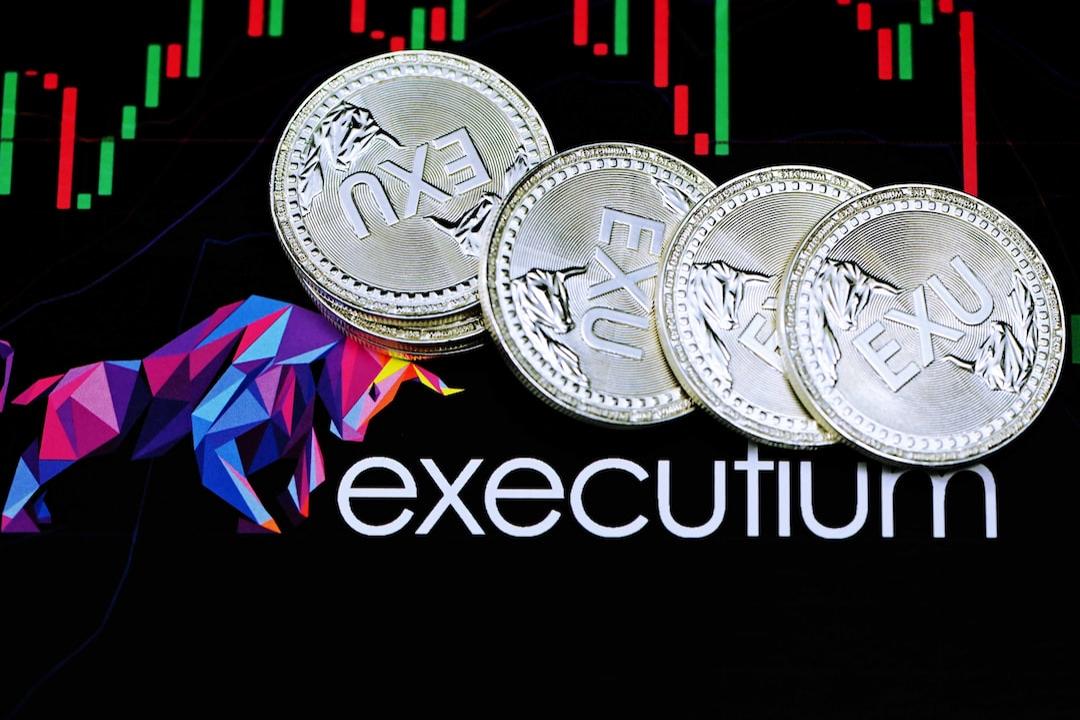Google is Really Returning to the Smart Glasses Battlefield After 11 Years!
Smart Glasses Android XR Make Their Debut
Google held its developer conference I/O on the evening of May 21, Taiwan time, and shockingly showcased a new product concept, the “Android XR” smart glasses. Featuring a black frame design, the glasses come equipped with a display, camera, messaging functions, and most notably, they are integrated with Google Assistant, capable of quickly understanding commands, recognizing information in images, and even possessing short-term memory.
Google also announced collaborations with two fashion eyewear brands, Gentle Monster and Warby Parker, to develop the Android XR glasses.

Android XR smart glasses debuted at Google I/O 2025.
Image / Google
After experiencing the failure of Google Glass, Google has never given up on the smart glasses market. In recent years, it has been quite active, launching the “Project Moohan” headset in collaboration with Samsung and announcing earlier this year that it acquired part of HTC’s XR team for $250 million. Now, by showcasing the concept model on stage, Google has declared its ambition to return to the smart glasses battlefield.
What Are Android XR Glasses? What Features Do They Have?
Google presented the concept model of the “Android XR” glasses, which feature a classic thick black frame that looks similar to regular glasses, making them suitable for everyday wear. The lenses are equipped with a display function that can show semi-transparent photos, text messages, and more. The device also includes a camera and microphone, supporting functionalities such as taking photos, listening to music, making phone calls, and voice-controlled messaging.

Android XR smart glasses are designed with a simple black frame.
Image / Google
More importantly, the glasses are integrated with Google’s proud AI assistant feature, which uses the camera to view the surroundings, analyze in real-time, and provide responses. During the conference, Google demonstrated this capability live through a PM named Nishtha Bhatia, who wore the glasses and streamed what she saw. While walking, she asked the AI assistant who the singer in a photo wall was, requested to see other photos of the singer, and asked it to find the singer’s music on YouTube. The response was delayed only by 1 to 2 seconds, showcasing the AI assistant’s ability to quickly recognize information about objects in the scene.
Google Android XR demo
As the demonstration was coming to an end, Bhatia asked, “What coffee shop did I just drink from?” The AI assistant could recall the image it had seen and responded, demonstrating its short-term memory capability, and then called up a map to display navigation instructions on the glasses’ screen.
However, during the demonstration, an unexpected incident occurred when Bhatia and Google AR/XR Vice President Shahram Izadi attempted to converse in Hindi and Persian on stage, asking the AI to translate it into English subtitles displayed on the glasses. The AI assistant struggled to keep up, resulting in a failed conversation, and Izadi humorously pointed out, “I already told you this is a high-risk demo!” which drew applause from the audience.
Google Android XR translation feature
Despite some “glitches,” this also indirectly confirmed the authenticity of the entire demo, showcasing the potential of these glasses through simple functionalities. Google also announced that future XR glasses development will partner with two fashion eyewear brands from Korea and the United States—Gentle Monster and Warby Parker. This approach mirrors the current market leaders, Meta and Ray-Ban, who are also pursuing strong partnerships, though targeting brands with completely different styles.

The Korean eyewear brand Gentle Monster is known for its stylish designs.
Image / Gentle Monster official website

Smart glasses launched by Ray-Ban in collaboration with Meta.
Image / Meta
Returning to the Smart Glasses Battlefield! Google Will Compete with Rivals Meta
Izadi opened by stating, “Google has been cultivating this field for over 10 years.” Although most related products in the past ended in failure, this seems to be a proud setback for Google.
Google first launched a groundbreaking product, “Google Glass,” in 2014, which garnered significant attention for its futuristic metallic design. In 2016, it also released the Daydream VR headset. However, for the market at that time, the topics of AR/VR/XR virtual reality were too early, and both products ultimately exited the market quietly due to lack of applications, portability issues, discomfort for long-term wear, and high prices.
Yet, Google did not cease its research on AR glasses, and there have been rumors of an internal AR glasses project called “Project Iris” that had been quietly ongoing, at one point rumored to be shelved.
From 2024 to 2025, Google began to make significant moves, initiating multiple collaborations. In addition to working with Samsung to create the “Project Moohan” headset, it also acquired part of the HTC VIVE technical team for $250 million earlier this year, with rumors suggesting that about one-third of mid-to-senior engineers transferred to Google, enhancing its hardware and software development capabilities.

Some members of the HTC VIVE team have transitioned to Google.
Image / HTC official website
With Google’s return to the battlefield, its strongest competitor is Meta, which has already launched several headsets and two smart glasses, holding both hardware and software technologies.
By directly integrating its flagship AI assistant into the smart glasses, Google highlights this as a focal point of its debut, suggesting that the real competitive edge in the product battle may lie in software functionality.
This article is collaboratively reproduced from: Digital Times
Related Reading:
AI Search Major Update! 8 Highlights to Look Out For: Virtual Try-On, Ticket Purchasing, Veo 3 Also Knows Dubbing
Editorial Responsibility: Li Xiantai

